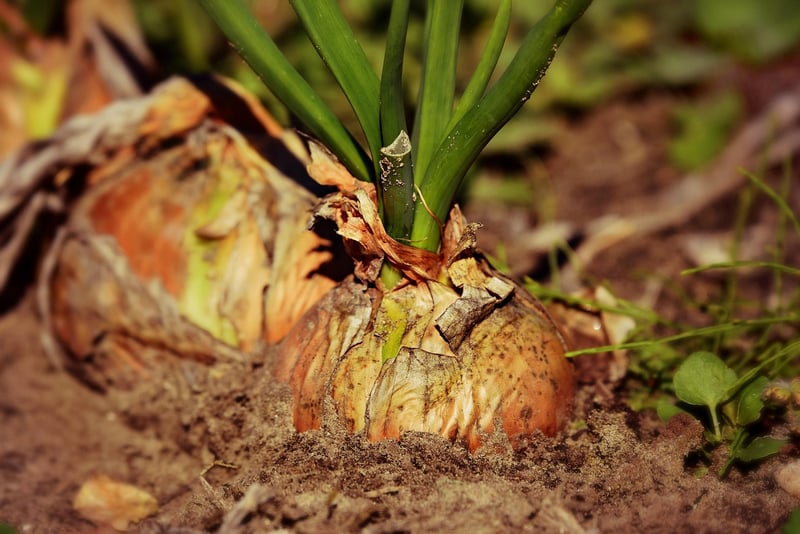Soil Conditions
Essential Care Advice for Healthy Plants
The Importance of Soil Conditions
Proper soil conditions are essential for the health and growth of your plants. The type of soil you use can greatly impact the overall well-being of your greenery. Here are some tips on maintaining the ideal soil conditions for your plants:
1. Choose the Right Soil Type
Depending on the type of plants you have, you may need to use different soil types. For example, succulents thrive in well-draining soil, while other plants may prefer a more moisture-retentive mix. Research the specific needs of your plants and select the appropriate soil type accordingly.
2. Ensure Proper Drainage
Good drainage is crucial for plant health as it prevents waterlogging, which can lead to root rot. Make sure your pots have drainage holes to allow excess water to escape. You can also add materials like perlite or gravel to improve drainage in your soil mix.
3. Monitor Moisture Levels
Overwatering or underwatering can both be detrimental to plants. Check the moisture levels in your soil regularly by sticking your finger into the soil. If it feels dry, it's time to water, but if it's still moist, hold off on watering to prevent root suffocation.
4. Use Fertilizer Wisely
Fertilizer provides essential nutrients for plant growth, but over-fertilizing can harm your plants. Follow the instructions on the fertilizer package and apply it sparingly. Some plants may have specific fertilizer requirements, so be sure to research and cater to their needs.
5. Test Your Soil
Periodically testing your soil can help you understand its pH level and nutrient content. This information can guide you in making adjustments to ensure your plants have the best growing conditions. Soil testing kits are readily available at gardening stores.
6. Mulch for Insulation
Applying a layer of organic mulch on top of the soil can help regulate soil temperature, retain moisture, and suppress weeds. Mulching is especially beneficial for outdoor plants exposed to fluctuating weather conditions.
7. Repot When Necessary
As plants grow, they may outgrow their containers, leading to root-bound conditions. Periodically repotting your plants into larger pots with fresh soil can help promote healthy root growth and overall plant vitality.

By following these tips and maintaining optimal soil conditions, you can ensure your plants thrive and flourish. Remember that each plant species has its own unique requirements, so it's essential to tailor your care approach to meet their specific needs.
Happy gardening!
